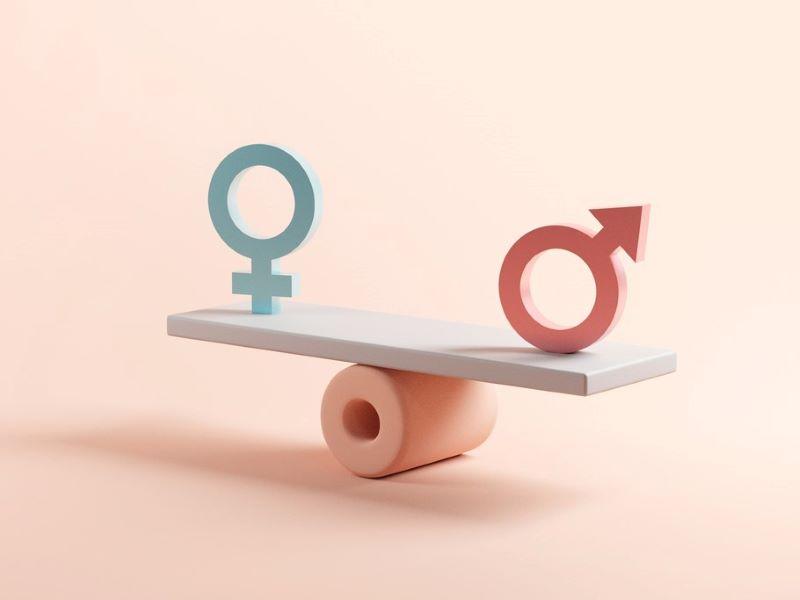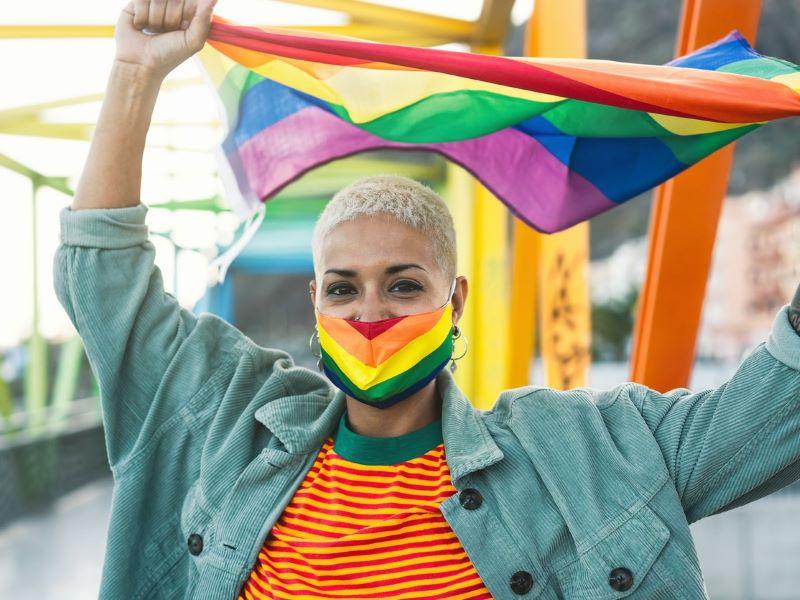
‘Gender equality is more rewarding than just ticking a box’
A whole-culture change to dismantle structural barriers has included mentoring, promotions workshops, and childcare and family leave support. Here are reflections on 25 years of advancing gender equality at Queen’s University Belfast


You may also like
Earlier this year, Queen’s University Belfast received an Athena Swan Institutional Gold Award for achievements in progressing gender equality. That sentence comprises fewer than 20 words and probably took seconds to read, but sums up 25 years of hard work – a bit longer than the time needed to just “tick a box”.
We’ve heard it before – that awards or accreditation, particularly those that recognise diversity, are more of a box-ticking exercise or represent simply an organisation’s intentions, rather than bringing about real transformation.
But at Queen’s, this couldn’t be further from the truth.
Where our gender equality work began
In 1999-2000, before the inception of the Athena Swan Charter, a group of senior women in the university challenged its then vice-chancellor about what was going to be done to address gender inequality. Thus was the Queen’s Gender Initiative (QGI) established, a female-focused entity to advance participation and progression of women, emerging from the Women’s Forum and setting 12 key objectives to tackle gender inequality.
- Make EDI in higher education a reality by building it into your course design
- Pledges and charters in medical schools: catalysts for change or performative promises?
- Improve women’s accessibility to leadership by following these steps
When the Athena Swan Charter was established in 2005, we were one of its 10 founder members. Then, in 2007, Queen’s was awarded one of the first institutional silver awards, having demonstrated progress over the preceding seven years against our gender equality action plan.
What we did
As we piloted, evaluated and embedded mentoring programmes, ran promotions workshops, championed family leave for women and men, and enhanced childcare provision on campus, we also identified and actively dismantled structural barriers to the progression of women. The culture gradually changed and now, 25 years later, is almost unrecognisable from where we started.
Several sustained approaches underpinned the work recognised in the gold award:
- Evidence-based actions and measurable outcomes
- Synergising central and local programmes
- Connection, conversations and crystallising solutions.
Evidence-based actions and measurable outcomes
Building an evidence base of quantitative and qualitative data enabled us to identify the extent of problems to be addressed and, later, measure the outcomes of interventions. In complex organisations such as universities, obtaining data is challenging as it is held across multiple disconnected systems (such as student admissions/attainment, staff promotions, recruitment, uptake of family/flexible policies and evaluation of culture through survey portfolios). We learned that data makes the invisible visible and motivates colleagues to become change-makers.
Synergising central and local programmes
How can centrally held equality plans affect an organisation of 25,000 students and 4,500 staff in locations across a city? Unfortunately, not very efficiently. So our gender-equality action plan was complemented by bespoke Athena Swan programmes in each of our 15 schools. This enables focus on the under-representation of women or men within disciplines.
We learned that embedding champions to lead these school-specific programmes brought about transformation. Today, our schools hold three gold, seven silver and five bronze Athena Swan awards – these represent milestones of progress and standards to be measured against.
Connection, conversations and crystallising solutions
Collaboration and connection are essential. Our Swan champions network, comprising academics and professional services colleagues from each of our schools, meets six times a year to share practice, discuss challenges and escalate matters to institutional committees. This is the glue that holds our gender-equality programme together and energises its effectiveness across Queen’s. Bringing people together regularly and frequently in staff network events, focus groups, listening exercises and informal settings has driven this endeavour from the start. We have learned that conversations crystallise solutions.
How do we know our approach is working?
We measure (almost) everything. When the programme started back in 2000, only 11 per cent of our professors were women; today this figure is 34 per cent. Presently, our lecturers, senior lecturers and senior professional services grades have gender balance. Staff and students have welcomed the growing portfolio of policies that address phases of life and the challenges of navigating work, study and the rhythms of everyday living.
Much of this work has been led by women, on behalf of everyone. The changes to culture, structures and ways of working are sensed by and available to all. There have also been unexpected benefits.
The framework by which we assess and proactively improve equality, belonging, inclusion and diversity is applicable across the myriad ways that we are different and the intersection of personal characteristics. Increasingly, we see inequalities being called out, and our introduction of Active Bystander training, whereby people are equipped to address the inappropriate behaviours of others, is making a tangible difference.
For example, some of our students have encountered inappropriate comments and non-inclusive attitudes relating to gender/sex, race/ethnicity or other negative stereotypes when on external placements. Empowerment through bias awareness training and the Active Bystander toolkit is enabling our students to recognise and respond to such situations, cope in the moment and initiate positive change.
What’s next?
Our Athena Swan gold action plan defines the ongoing change that we need and how we plan to reach this. We have identified eight priority areas:
- Values and behaviours
- Culture and belonging
- Improved representation of senior female academics
- Supporting career development for professional services and researchers
- Equipping and resourcing Athena Swan and EDI champions
- New professional services directorates Athena Swan programme
- Students and gender equality
- Beyond Queen’s: partnership and leadership.
Our gender-equality team reflected that a rising tide lifts all boats. Working with organisations and other universities to support their gender-equality work has been a long-standing commitment. It has taken 25 years to bring about the longitudinal, sustained change recognised in our gold award, but we are not complacent, and the job is not done at Queen’s.
The transition of QGI to a new institute later this year is another milestone. It will deliver our gender-equality strategy, showcase and build research, support girls – particularly those from under-represented groups – to access higher education and deliver international leadership programmes.
We think this is so much more rewarding than just ticking a box.
Karen McCloskey is professor of physiology and deputy director of the Patrick G Johnston Centre for Cancer Research at Queen’s University Belfast. She is also director of the Queen’s Gender Initiative and the university’s academic lead for the Athena Swan Charter.
If you would like advice and insight from academics and university staff delivered direct to your inbox each week, sign up for the Campus newsletter.


